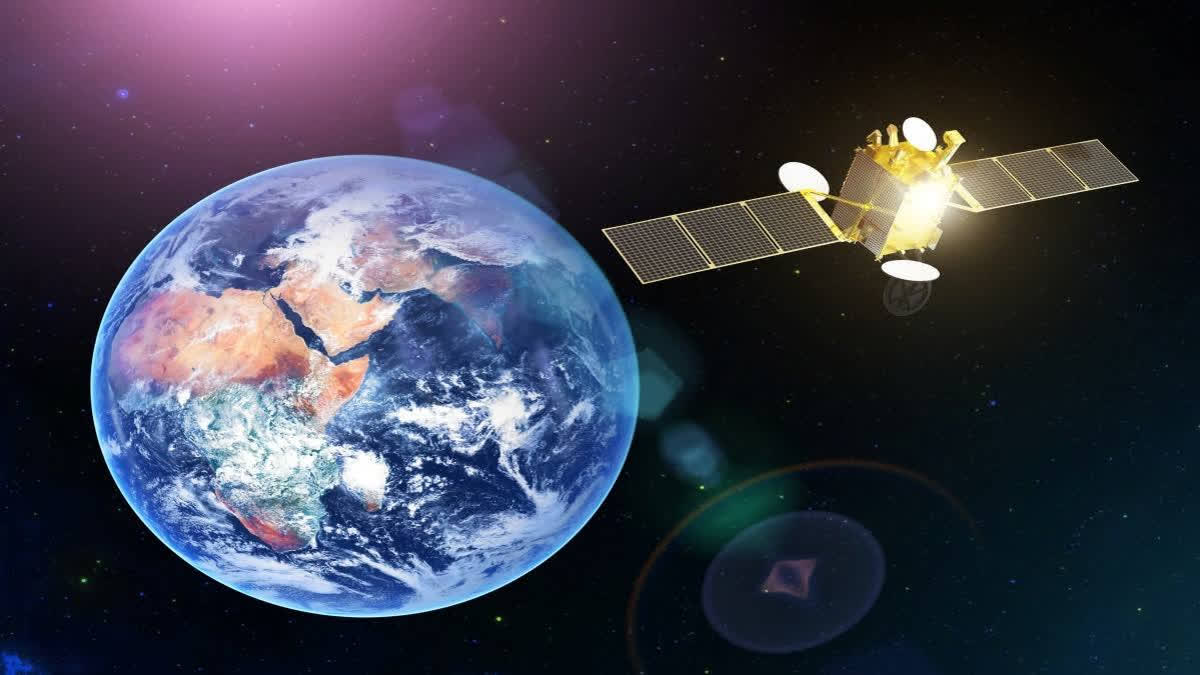New Delhi: “Wait and watch this space.” This is how Secretary (East) Jaideep Mazumdar responded when asked whether there will be any big-ticket announcements on space cooperation between India and Brunei during Prime Minister Narendra Modi’s visit to that Southeast Asian nation starting on Tuesday.
“We have received valuable support from Brunei in our space programme,” Mazumdar said while addressing the media on Monday ahead of Modi embarking on Brunei in what will be the first-ever bilateral visit by an Indian prime minister to that Southeast Asian nation. “We have three MoUs (memorandums of understanding) with Brunei in this area,” he said. “We have established a telemetry, tracking and command (TT&C) station in Brunei in 2000. This tracks and monitors all our eastward bound satellites and satellite launch vehicles.”
The three MoUs he mentioned cover cooperation in the operation of the TT&C centre for satellites and launch vehicles, and in the field of space research, science and applications.
“We have ongoing cooperation in telemetry, tracking and command,” Mazumdar said. “And we will take this forward. As technology develops, as our requirements develop, so also the need for enhancing those capabilities in the various centres we have worldwide for our telemetry, tracking and command increase or change. I don’t want to jump the gun here. But you will see some discussions and outcomes from that as well. Wait and watch this space.”
Why is Brunei seen as an important partner in space cooperation?
Brunei, though a small nation, is strategically located on the island of Borneo in Southeast Asia. Its geographical location near the equator makes it an attractive site for satellite ground stations and space monitoring infrastructure. Equatorial locations are ideal for launching and monitoring geostationary satellites, as these satellites orbit along the equatorial plane, providing stable and continuous coverage of specific regions. Ground stations positioned near the equator can effectively communicate with these satellites, offering better tracking, data reception, and control.
Brunei’s location also holds potential for future spaceport development, particularly for launching rockets into geostationary and polar orbits. Launching rockets close to the equator requires less fuel due to the rotational velocity of the Earth, making it a cost-effective launch site. Although Brunei has not yet developed such infrastructure, its political stability, open economy, and willingness to engage in international partnerships make it a potential candidate for future spaceport investments.
Brunei has been actively promoting its digital economy and enhancing its technological capabilities. This includes investments in advanced communications infrastructure, cybersecurity, and data analytics. As space activities increasingly intersect with the digital economy through satellite communications, Earth observation, and data-driven services, Brunei’s focus on technology positions it as a valuable partner.
The nation’s interest in advancing its digital ecosystem aligns with the interests of spacefaring countries looking to integrate space-based data into economic and developmental initiatives. Brunei’s digital readiness thus complements international space cooperation efforts, particularly in areas like satellite internet, remote sensing, and environmental monitoring.
